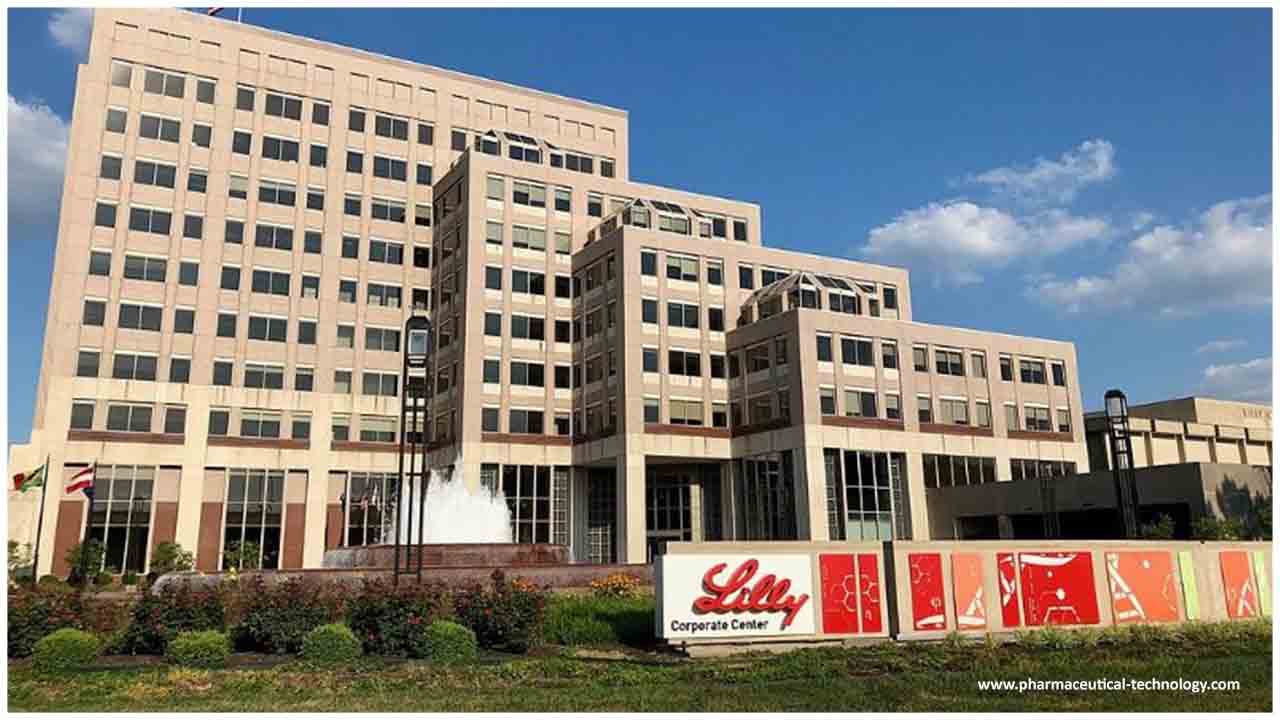Eli Lilly and Company today announced the initiation of BLAZE-2, a Phase 3 trial studying LY-CoV555 for the prevention of SARS-CoV-2 infection and COVID-19 in residents and staff at long-term care facilities in the U.S. (skilled nursing facilities, commonly referred to as nursing homes, and assisted living facilities). LY-CoV555, the lead antibody from Lilly's collaboration with AbCellera, is a neutralizing antibody against SARS-CoV-2, the virus that causes COVID-19. The rapid spread of SARS-CoV-2 among residents of long-term care facilities combined with the higher mortality rate for the elderly creates the urgent need for therapies to prevent COVID-19 in this vulnerable population.
"COVID-19 has had a devastating impact on nursing home residents. We're working as fast as we can to create medicines that might stop the spread of the virus to these vulnerable individuals. While it's not easy to conduct clinical trials in this setting, we're taking on the challenge in an effort to help those who need us the most," said Daniel Skovronsky, M.D., Ph.D., Lilly's chief scientific officer and president of Lilly Research Laboratories. "We are grateful to the NIAID team for their exceptional partnership on this innovative trial and we are deeply appreciative of the care facilities, their staff and the many residents who will be participating in this important study."
The Lilly-sponsored BLAZE-2 study is a first-of-its-kind COVID-19 trial and is being conducted in partnership with NIAID, part of the National Institutes of Health (NIH), along with the COVID-19 Prevention Network (CoVPN) and several long-term care facility networks across the country. The study will enroll residents and staff who live or work at facilities that have had a recently diagnosed case of COVID-19 and who are now at a high risk of exposure. It will evaluate the efficacy and safety of LY-CoV555 for the prevention of SARS-CoV-2 infection and COVID-19, testing whether a single dose of LY-CoV555 reduces the rate of SARS-CoV-2 infection through 4 weeks, as well as complications of COVID-19 through 8 weeks. It is expected to enroll up to 2,400 participants.
"The mission of the COVID-19 Prevention Network is to conduct Phase 3 vaccine and monoclonal antibody efficacy studies for the prevention of COVID-19," said Myron Cohen, M.D., director of UNC's Institute for Global Health and Infectious Diseases and a CoVPN leader. "We're excited to partner with Lilly to determine whether LY-CoV555 can prevent or mitigate progression of COVID-19 infection in this vulnerable population that has been greatly impacted by this virus."
To address the challenging aspects of running a clinical trial in a long-term care facility during a pandemic, Lilly created customized mobile research units to support the on-site study. These units include a custom retrofitted recreational vehicle (RV) to support mobile labs and clinical trial material preparation, along with a trailer truck that will deliver all clinical trial supplies needed to create an on-site infusion clinic. To further minimize the burden on these facilities that normally do not conduct clinical trials, additional staff will be at the facilities to assist with the operations of the study. Lilly will deploy its mobile research unit fleet in response to outbreaks of the virus at long-term care facilities across the U.S.
"We commend Lilly and NIH in recognizing the critical need for developing medicines to combat the spread of the virus among some of the most vulnerable populations," said Dr. Alexander Stemer, a board certified infectious disease expert and co-chair of Symphony Care Network's COVID-19 task force. "As the scientific community searches for safe and effective therapies for COVID-19, we are proud to participate in this leading-edge study given its potential to save lives."
About LY-CoV555
LY-CoV555 is a potent, neutralizing IgG1 monoclonal antibody (mAb) directed against the spike protein of SARS-CoV-2. It is designed to block viral attachment and entry into human cells, thus neutralizing the virus, potentially preventing and treating COVID-19. LY-CoV555 emerged from the collaboration between Lilly and AbCellera to create antibody therapies for the prevention and treatment of COVID-19. Lilly scientists rapidly developed the antibody in less than three months after it was discovered by AbCellera and tested by the scientists at the NIAID Vaccine Research Center. It was identified from a blood sample taken from one of the first U.S. patients who recovered from COVID-19.

 More than 40 percent of coronavirus deaths in the U.S. linked to long-term care facilities;
More than 40 percent of coronavirus deaths in the U.S. linked to long-term care facilities;





.jpeg)







.jpeg)






.jpeg)









.jpg)


.jpg)
